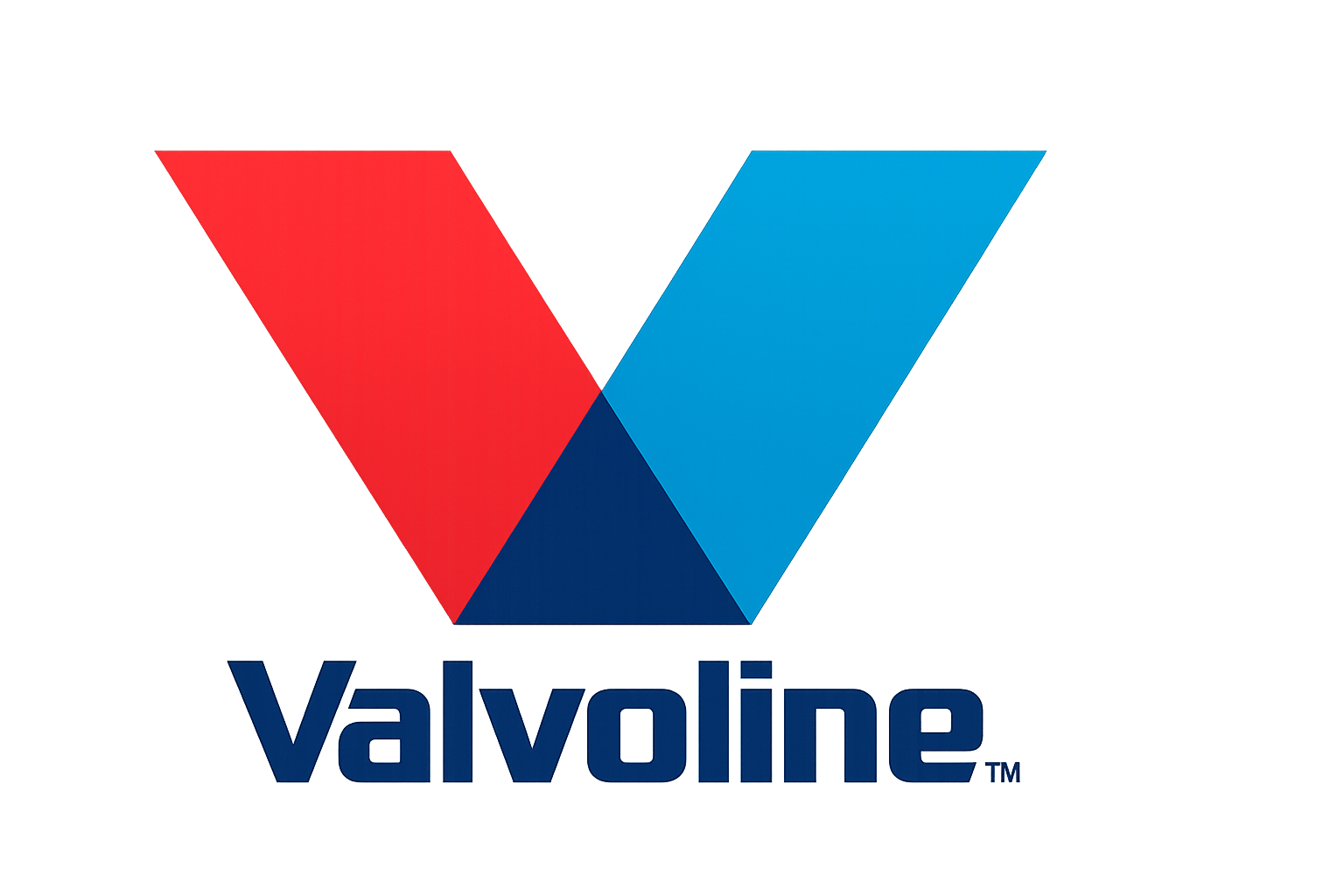The Difference Between Fuel Stabilizers and Octane Boosters

If you’re interested in optimizing your engine performance through fuel additives, you’ve probably heard of octane boosters and fuel stabilizers. Both are designed to make your engine run better, longer — although, they achieve this through different means. In order to gain the maximum benefit from each, it’s important to know the difference, let’s take a look.
What is a fuel stabilizer? When a fuel is left stagnant for an extended amount of time — say, longer than 30 days — it runs the risk of beginning to break down. The fuel’s various chemical components separate from one another and it becomes stale. When this breakdown occurs, contaminants and other impurities stand a better chance of making their way into your fuel — and your engine. Physical changes like thickening or solidifying (varnish) can also occur to untreated, stagnant fuel. Fuel stabilizers feature chemicals, such as antioxidants, to combat this breakdown and keep your gasoline in top shape.
What is an octane booster? Fuel octane contributes to stability under compression, with a higher octane rating indicating greater resistance to abnormalities like detonation and engine knock. An octane booster protects against low octane level issues by increasing the octane rating, and it improves performance by helping to ensure that fuel in a cylinder ignites exactly when it should, even in high-compression engines. Learn more about octane rating and its effects on ending performance.
What are the benefits of fuel stabilizers? The best fuel stabilizers serve two purposes: protecting your engine from stagnant (stale) fuel without needing to drain it, and making it easier to start the engine when it’s ready to be used again. Fuel stabilizers also protect against corrosion and structural damage that can be caused by running gummy or solidified fuel components through the engine. Fuel treated with a stabilizer maintains its consistency and thus is more resistant to knocks and pings.
What are the benefits of octane boosters? Octane boosters help ensure that you’re “feeding” your engine the best fuel grade you can. If you’re asking yourself, “does octane booster work?”, you’ll see the results with your engine running at peak performance for a longer amount of time. Octane boosters give you more power while you’re using them, and a longer life for the engine as it avoids the damaging effects of pre-ignition, detonation, and other undesired situations.
Octane boosters are best used at every fill-up, although different products will have different ratings for how much fuel they are able to effectively treat. If you’re preparing for a situation or event where peak performance and maximum power are required, be sure to start using octane booster several weeks before the event, so that it can permeate the entire engine and ensure that it properly reacts with the fuel every step of the way.
Following these steps is a great way to get the most out of fuel stabilizers and octane boosters — but the results are only as good as the products you use. Gold Eagle 104+® Octane Boost was America’s first octane booster, and it’s still the best. The STA-BIL® Brand line of fuel stabilizers is carefully formulated to meet a wide range of storage needs.







Does the gasoline Stabilizer have a shelf life before it’s added to the gasoline?
Hello, STA-BIL Products have a shelf life of two years from the time of opening. Please contact us at producttechsupport@goldeagle.com if you have any questions about this. Thank you.
If we use premium gasoline like shell v power, then should we use fuel stabilizer too ?
Hi Suresh, Yes. All fuel, including premium or high-grade will start to go bad in as little as 30 days after being pumped. A stabilizer will make it last longer. Please contact us at producttechsupport@goldeagle.com if you have any questions about this. Thank you.
I just had a new cam and lifters installed in the 400ci in my 1971 GTO and my mechanic suggested that I run Maximum 104 Octane Boost in every gas fill. I purchased a few bottles but noticed the statement ‘For Off Road Use Only’. What’s the deal on that?
The label states “for off road only” because we are not (yet) on the EPA’s list for “On road use”. However, it is completely fine and safe to use on regular streets and highways. Please contact us at producttechsupport@goldeagle.com if you have any questions about this. Thank you.
Hello, how much fuel stabilizer would I need to add for my 2013 BMW135is which is twin turbocharged with a Dinan Stage 2 package? Cheers, peter
Hi Peter, if you’re using STA-BIL Storage (red) then the treatment rate is one ounce per every 2.5 gallons of gas. If you are using STA-BIL 360 Performance then the treatment rate is once ounce per every 5 gallons of gas. Please contact us at producttechsupport@goldeagle.com if you have any questions about this. Thank you.
How do you apply the ratio when you use ISO-HEET water remover to gas gallon, does the car need to be running. Since the car is not running how long will it be to take effect?
Hello! A 12 oz. bottle of ISO-HEET® will treat 8-20 gallons. If you have less than 8 gallons then we recommend 1.5 oz per gallon of HEET®. Also, HEET® Products are not recommended for storage purposes and must use the car. If you have any other questions please contact consumer support at producttechsupport@goldeagle.com
I added diesel fuel winterizer/antigel by mistake to my lawnmower gasoline tanks, I had the container of Sta-bil gasoline stabilizer sitting there and grabbed the diesel supplement by mistake. I added 2 ounces of diesel antigel to each 5.5 gallon lawnmower tank. Do I need to drain the gas tanks and get new fuel? If not, should I add gasoline stabilizer? I have been using 100% gas in the tanks for years.
Hi, Nancy. Yes, it would be best to drain this fuel and start fresh as this additive is heavier and may not dilute fully in the gas, which may cause performance issues.
Using Octane Boost and immediately notice a difference in smoother performance….and a very easy rev up to redline rpms. It seems no matter what gas or octane you use that one should be using a quality octane booster for maximum peformance and fuel economy.
Suppose I go through three quarters of a tank in 30 days, then fill-up and do this every month. There will be diminishing quantities of old gasoline, but they will be always there. I suppose the additives in the new gas I put in every month will prevent the old gasoline from going bad?
Hi. It is not necessary to keep adding a stabilizer when simply topping off the tank. We would rather recommend it when your cycling your fuel, meaning running the fuel as low as possible then fill it up again. Actually, cycling the fuel every so often is recommended to help avoid sediment and other contaminants from causing issues later on. Hope this is useful. Please let us know if you have any questions!